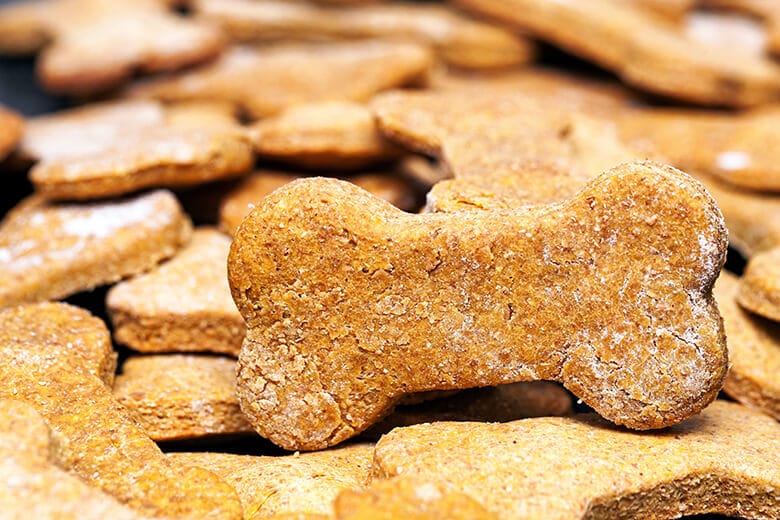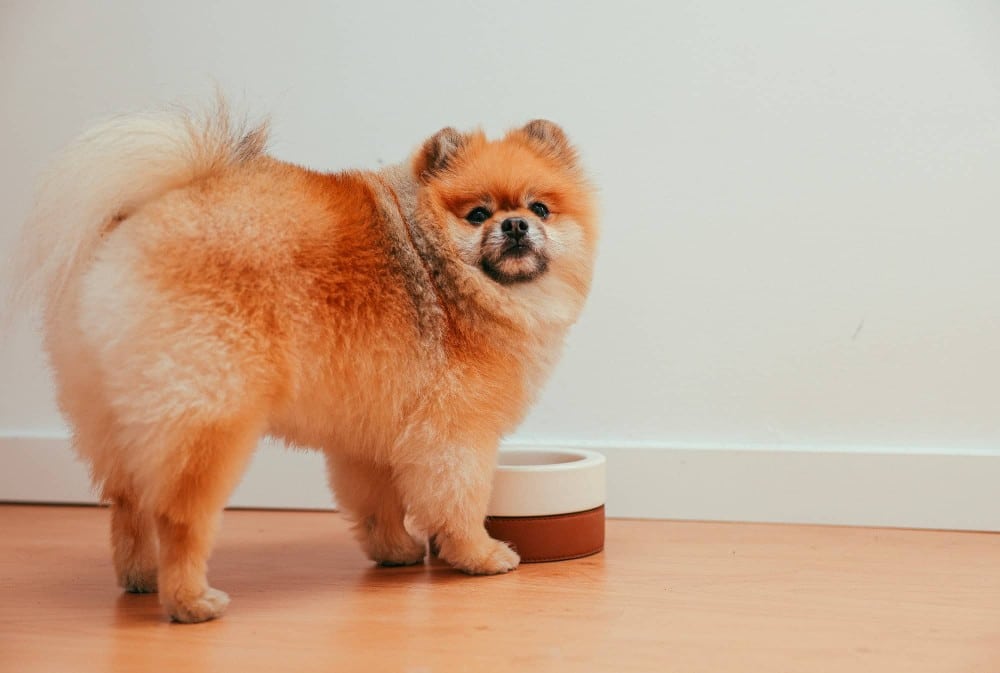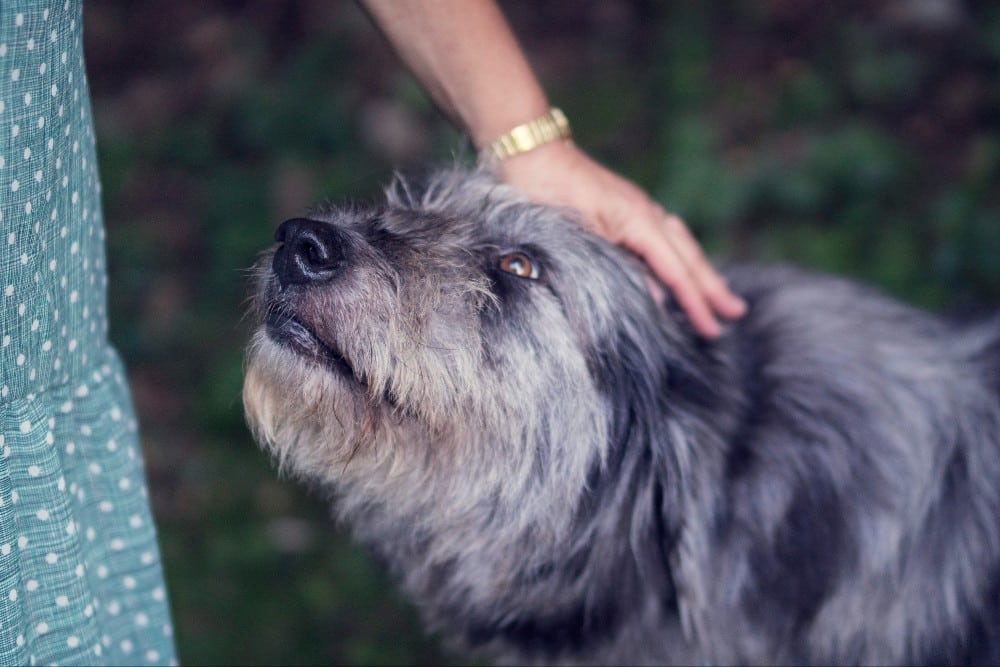Recently, The Washington Post posted a dog biscuit recipe that was definitely drool-worthy. Made with flour, oats, cornmeal, egg, oil and sugar-free peanut butter, it sounded delicious — with a lot of thought going into the recipe.
“There are a few particulars about the ingredients I use: sugar-free peanut butter, because sugar is bad for dogs; only safflower oil, because it is easy for dogs to digest” writes the author and recipe maker, Cathy Barrow, who noted she makes these for her dog, Dylan.
Related: The FDA Warns Dog Owners About Certain Food, Including Many ‘Grain-Free’ Diets
But in these tasty biscuits there could potentially be a dangerous, possibly deadly, ingredient: Xylitol.
Some sugar-free peanut butters (or no-sugar kinds), use Xylitol, a sugar substitute, to make them sweet and less caloric. While this can taste yummy and is not harmful for humans, it can be toxic to dogs. (Barrow later realized she needed to make a disclaimer, updating the recipe to warn people about Xylitol.)
“In dogs alone, Xylitol causes an exaggerated release of insulin that is three to seven times greater than what occurs with normal sugars,” Austin-based veterinarian Dr. John Faught of Firehouse Animal Health Center tells This Dog’s Life. “This lowers blood glucose levels tremendously and can lead to lethargy, seizure, coma or death.
This is the short-term danger that starts in 30 to 60 minutes. Over the next several days — up to 72 hours — there is also some possibility of liver damage that is not very well understood at this time.”
Symptoms include anorexia, vomiting, lethargy, restlessness, seizures, coma and diarrhea, among other signs.
Related: Feast Your Eyes On the World’s Largest Cake for Dogs
Besides peanut butter, Dr. Faught warns that xylitol can be found in a number of other products, including candy, gum, baked goods, baking mix, jelly, condiments, syrup, flavored drinks, drink powders, peanut butter, nut butter, protein bars, protein powders, toothpaste, oral hygiene products, medications, medication bases (e.g. elixirs, syrups), vitamins, supplements, cosmetics, deodorant, skin gels, sunscreen and hair care products.
Yikes! Those are a lot of products, and Dr. Faught says, “The toxic dose is very low, so even one stick of gum can be dangerous for an average sized dog.”
If you feel like your dog ingested xylitol, take him to the veterinarian, or emergency room, immediately.
Dr. Faught suggests that we “should really stay away from sweet products for pets generally and always look at the labels to make sure there are no amounts of xylitol present.”
Related: Here Are 4 Dog Food Cookbooks You Will Actually Use


















